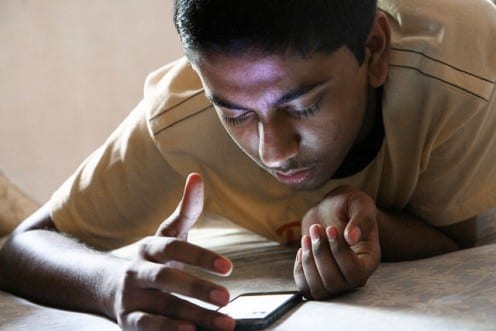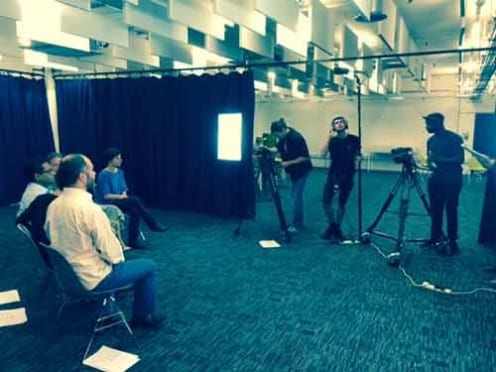Sharing anthropological discoveries on social media: ‘marketing’ or ‘interactive learning’?
By Daniel Miller, on 6 August 2015

Social media and engaging anthropology? (Photo: Pabak Sarkar CC BY 2.0)
Over the last year, people have often asked us questions like “Surely you will market your project using social media?” or, “What exciting campaigns based on social media will make your project a success?”
Well the answer is that indeed we think we have learnt a good deal about social media. What it is useful for, but equally where claims are made that are not borne out by our evidence. We have concluded that this huge emphasis on marketing through social media has far more to do with the wishes and desires of the marketing industry for this to be the case than any sober assessment of what social media actually is.
Looking at our research as a whole, we find quite limited successful employment of social media as a form of mass marketing and promotion. Yes certainly in some cases, but in most of our field sites it’s force is quite limited.
Our primary theorisation of social media is instead as a form of sociality and the formation of small groups for internal discussion. It is not generally a means for trying to reach new or different people but rather for consolidating social groups that are largely known. Some platforms such as LinkedIn and Twitter clearly command a wider presence but even here, social media generally works best for groups that are linked by common interests such as devotees of Star Wars, rather than in reaching a generic audiences.
We are not alone in this. Fore example, even people in business are starting to appreciate that Twitter is not always effective in driving traffic in the direction that they would wish.
So yes, we do envisage a role for social media in the dissemination of our project findings but mainly other than as a tool for mass marketing. We see social media as an important instrument for interactive learning. So people who take our online course will be encouraged to form small groups in which they can discuss the material and make and receive comments about what they are learning.
People who cannot meet physically in class rooms can use social media for discussion. Social media can also harness one’s personal networks to disseminate information in limited ways, and much of the more successful commercial usage we observe in our field sites relates to businesses where personal interaction is also important.
What people seem to imagine is that a project that studies social media will – for that very reason – concentrate on using social media. But we have never been advocates for social media.
The point of our research is to remain open and cautious about our findings, and we are just as comfortable noting the limitations and negative effects of social media as its potentials.
 Close
Close









